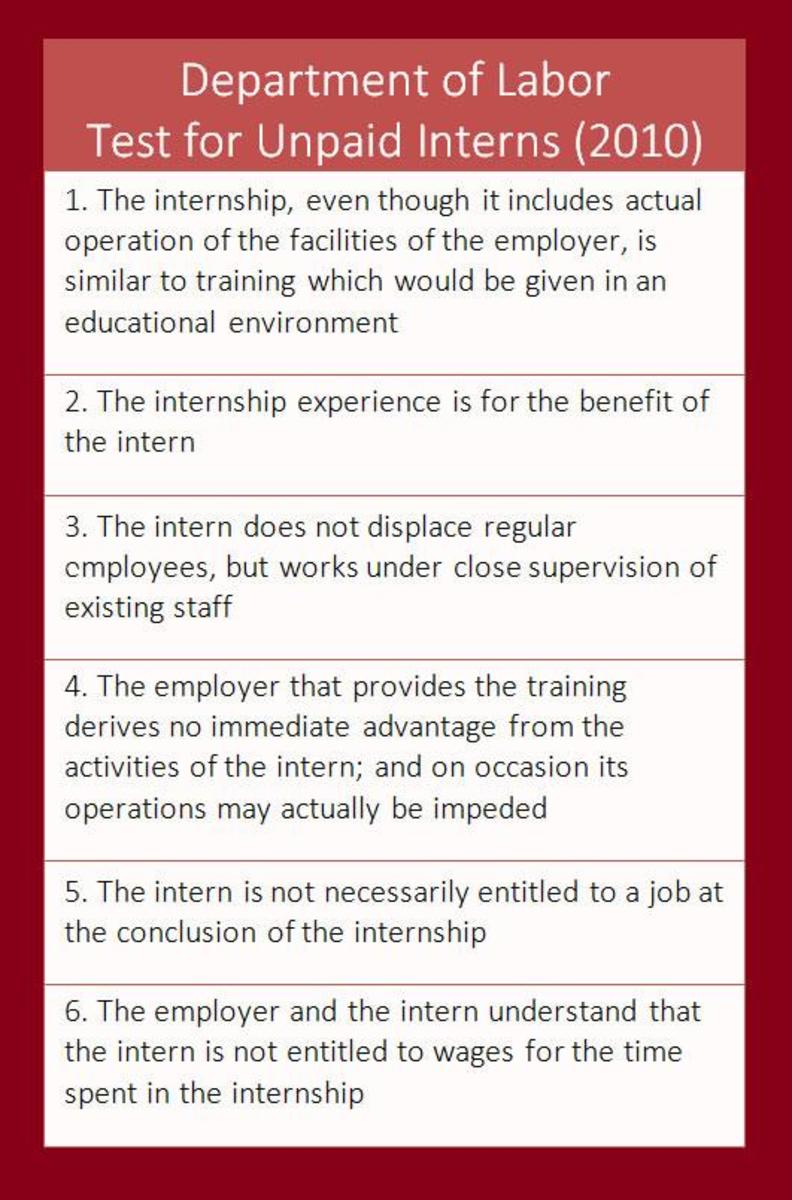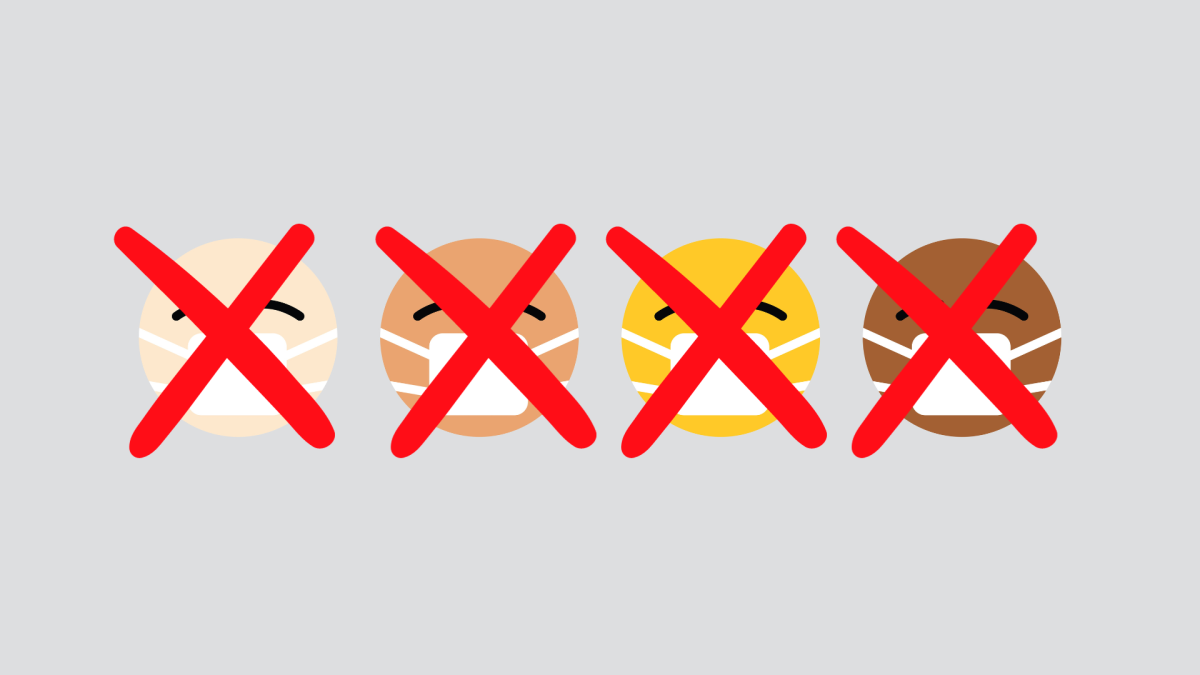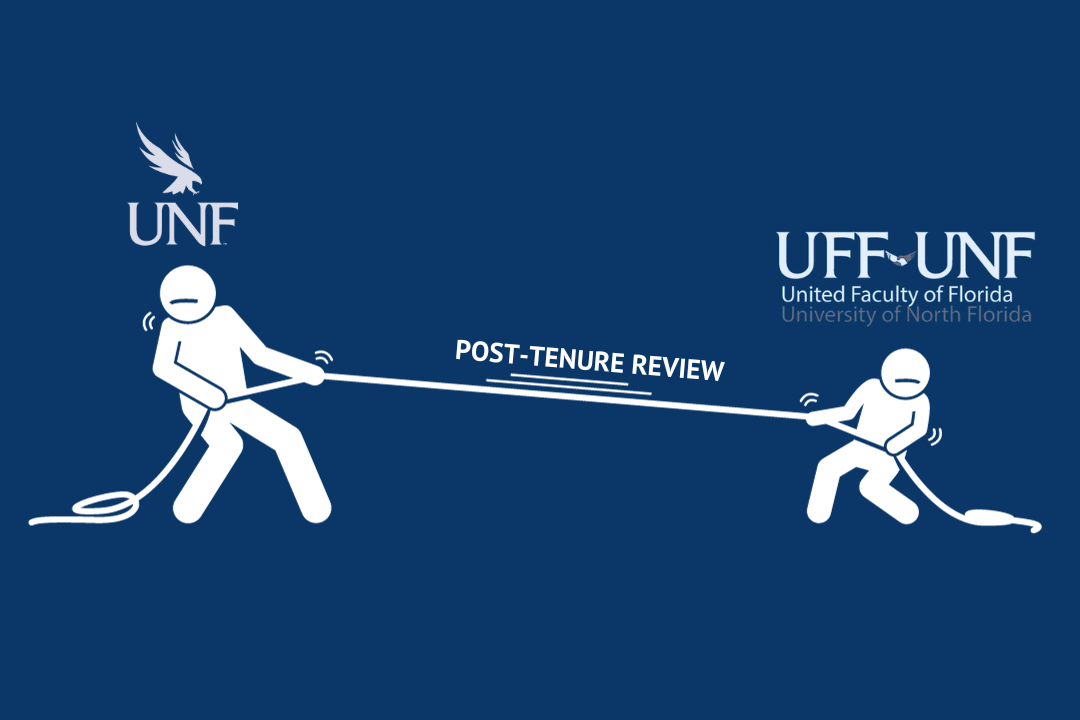
Unpaid internships are not illegal. They can, however, rip off students.
If an internship follows all the guidelines established by the United States Department of Labor, then both the intern and employer cannot be at fault. So, what happens when the current legal guidelines are overridden by a judge?
The film Black Swan was a hit when released in 2010, eventually making over $300 million. A year later, two unpaid interns who put hundreds of hours into the movie, Eric Glatt and Alex Footman, filed a complaint against Fox Searchlight Pictures, seeking payment for their labor, claiming that their labor did not qualify as an internship.
In 2013, Judge William H. Pauley ruled Glatt and Footman should have been paid as employees. Pauley based his ruling on the set of six rules that qualify an unpaid internship, released by the Labor Department in 2010. Overall, an intern doesn’t take the place of a regular employee, and the internship should provide training to the intern that would be similar to an academic environment. The Labor Department also states, “If an employer uses interns as substitutes for regular workers or to augment its existing workforce during specific time periods, these interns should be paid at least the minimum wage and overtime compensation for hours worked over forty in a workweek.”

Just last month however, the Second Circuit Court of Appeals for this case ruled that a “primary beneficiary” test must apply when assessing an unpaid internship. Instead of using the six rules of criteria for an internship, Judge John M. Walker Jr. claimed these criteria were both “out of date” and “not binding on federal courts” according to an article from The New York Times. Walker wrote, “The proper question is whether the intern or the employer is the primary beneficiary of the relationship.”
If the fairness of an unpaid internship must be determined with such a loose statement, then this decision gives a more flexible margin to employers. Every internship from now on would have to be evaluated case-by-case. And what timid, following-the-rules college student would oppose a company who has been in business for decades?
Glatt said to New York Times about this decision, “Instead of using the clear standards of the Department of Labor, it leaves it on a case-by-case basis. Every intern who thinks something is questionable has to litigate it. It’s a terrible, terrible burden. Why burden the most vulnerable possible employee with all the heavy work?”
Plus, if the question is ultimately about the intern benefitting from the internship, then this means students have the “privilege” to do unpaid work. In fact, if an employer and university work together to create internships, students have to pay for the “opportunity” to intern. I fall under this category. As an English Education major, I will have to take a full-time 12-credit-hour internship course in order to graduate.
Daniel Miller, UNF alumnus who graduated Fall 2014 with a bachelor’s degree in psychology, said his summer internship before his last semester seemed to fairly follow unpaid internship guidelines.
“For the most part, I felt like a spectator,” Miller said. “I wouldn’t say I was unfairly involved in the company in such a way where I would be like necessary to what they were needing and needed to do. It was more, ‘Do this so you can learn what it’s like to be in this position and what the day-to-day responsibilities are.’”
Yes, multiple studies have shown that internships both improve performance in college and improve opportunities for finding a job after graduating. And yes, research suggests that students with internship experience are placed in careers more quickly than those without, and with higher starting salaries. But we are not talking about the benefits of internships here. We are talking about how, with this judge’s ruling, employers have a little more leeway over their susceptible interns.
If the employer depends on the routine, productive work of an intern, or even benefits from the intern’s work, then the intern has rights to FLSA’s minimum wage. Period. Is the intern filing papers? They should get paid. Is the intern assisting customers? They should get paid. Would the employer have hired additional help if the intern hadn’t done the work? The intern should get paid. Just because an intern receives benefits of a new skill or better work habits does not mean they should not get paid, according to the labor Department.
These criteria are not “out of date”. They are a way to keep interns safe.
Not sure whether your internship is legal or not? The Department of Labor’s Wage and Hour Division fact sheet or information helpline 1-866-487-9243 could also be referenced when considering the fairness of a specific internship. There is also an unofficial but useful survey from Intern Labor Rights that can assist in determining whether to call a specific unpaid internship into question.
—
For more information or news tips, or if you see an error in this story or have any compliments or concerns, contact news@unfspinnaker.com.











